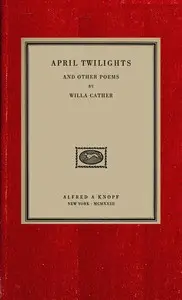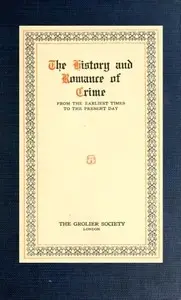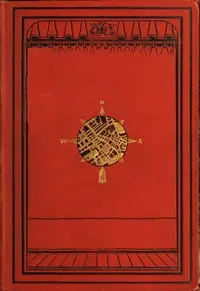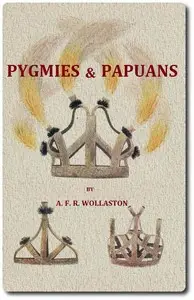"Sarréo" by Louis Becke is a short story included in the collection "The Tapu of Banderah and Other Stories," published in the early 20th century. This narrative falls within the genre of maritime fiction, exploring themes of adventure, cultural interaction, and personal sacrifice in the context of the South Seas during a time when colonial adventures were common. The story revolves around the titular character, Sarréo, a native sailor, and highlights his complexities and the prejudices faced by indigenous peoples during colonial times. The storyline unfolds through the perspective of Mr. Thomas Potter, the second mate of the barque "Reconnaissance", who recounts his experiences with Sarréo during a trading voyage to the Solomon Islands. Sarréo, initially portrayed as a strong and quiet character, faces conflict with Mr. Warby, the supercargo, stemming from a past grievance. Tensions escalate when Warby accidentally wounds Sarréo, leading to a profound revelation of their shared history and a transformation in Warby’s character. Ultimately, as they encounter danger from hostile natives, Sarréo exhibits bravery and selflessness, sacrificing his own safety to save Warby, which culminates in a tragic yet poignant end to his life. The story weaves themes of honor, friendship, and the harsh realities of life at sea, while also reflecting on the complexities of human relationships amid the backdrop of colonialism. (This is an automatically generated summary.)

Sarréo 1901
By Louis Becke
"Sarréo" by Louis Becke is a short story included in the collection "The Tapu of Banderah and Other Stories," published in the early 20th century. Thi...
George Lewis Becke was at the turn of the nineteenth century, the most prolific, significant, and internationally renowned Australian-born writer of the South Pacific region. Having lived and worked among Pacific Islands and Islanders as a trader, ship's supercargo, and villager for some two decades, learning languages and observing natural and cultural life, Becke was prompted by J F Archibald of The Bulletin to write down his experiences, eventually becoming a popular and respected author of short stories, novellas, novels, as well as historic and ethnographic works.


















